Private 5G News Snapshot: September’s Industrial Surge

Digital upgrades in the industrial world are hitting top speed, and Private 5G (P5G) is the engine driving it all.
Research Note: Cloudera Adds Support for Dell ObjectScale
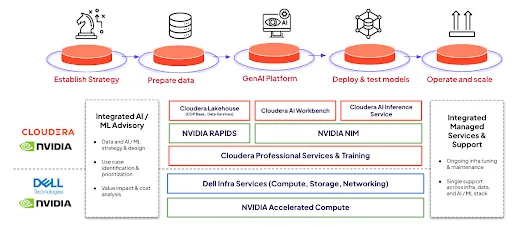
Cloudera announced the integration of Dell ObjectScale into its AI-in-a-Box offering, positioning the collaboration as a comprehensive Private AI platform for enterprise-scale deployments.
The new integration allows Cloudera’s compute engines to operate directly against Dell’s object storage infrastructure, creating what the vendors characterize as a validated, integrated data platform.
Research Note: Pure Storage September Platform Updates
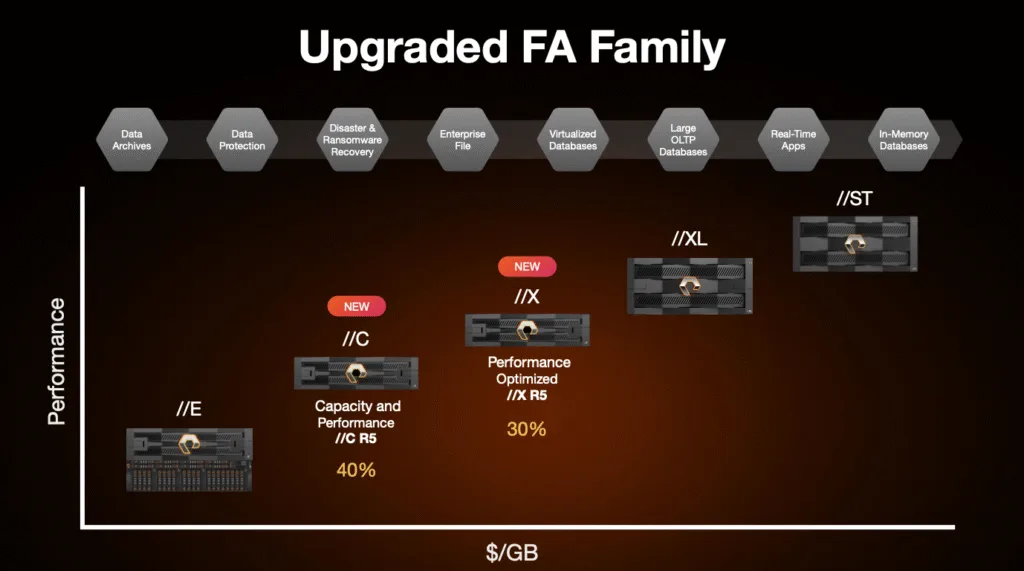
At its recent Accelerate event in New York, Pure Storage announced a comprehensive platform refresh, introducing six major product updates that span high-performance storage arrays, AI acceleration capabilities, cloud-native services, and advanced storage modules.
Research Note: Pure Storage Enhances Cyber-Resilience
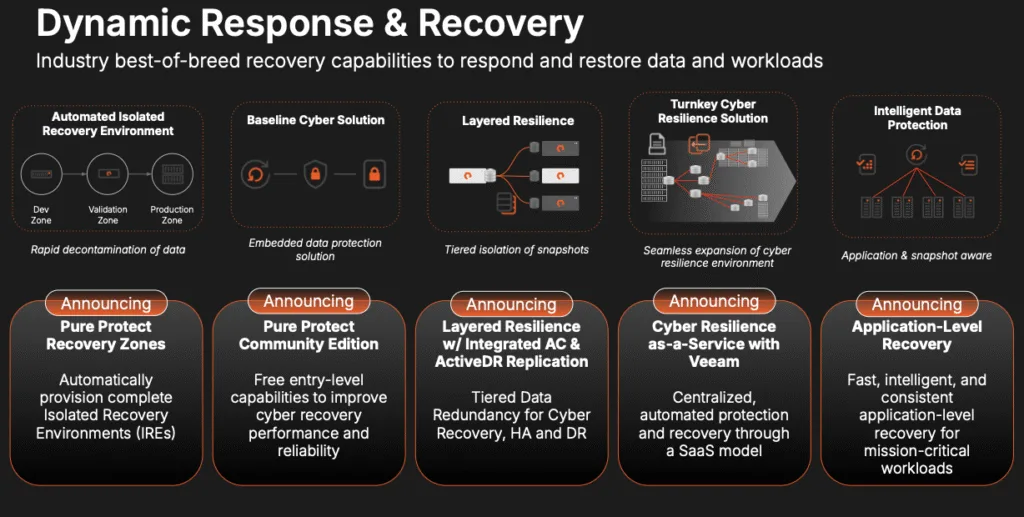
At its recent Accelerate event in New York, Pure Storage unveiled a comprehensive expansion of its cyber-resilience capabilities.
India’s Wi-Fi 7 Dream Hits a Snag: A Spectrum Setback

This delay is particularly impactful when considering how heavily mobile device traffic actually relies on Wi-Fi, not cellular data.
Cohesity Catalyst 1
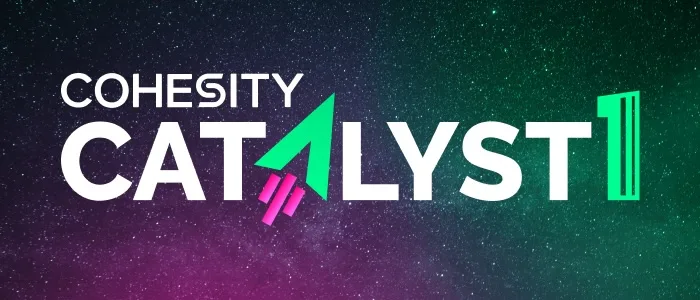
The Cohesity Catalyst 1 announcements aren’t just about new features; they represent a cohesive strategy to simplify and secure the enterprise data landscape.
Research Note: MongoDB Application Modernization Platform (AMP)

At its recent MongoDB.local NYC event, MongoDB launched its Application Modernization Platform (AMP), seeing the database vendor’s expansion into full-stack enterprise application transformation services.
The new platform combines AI-powered code transformation tools, proven migration frameworks, and professional services to modernize legacy applications for MongoDB’s Atlas cloud platform.
Research Note: CrowdStrike to Acquire AI Security Firm Pangea
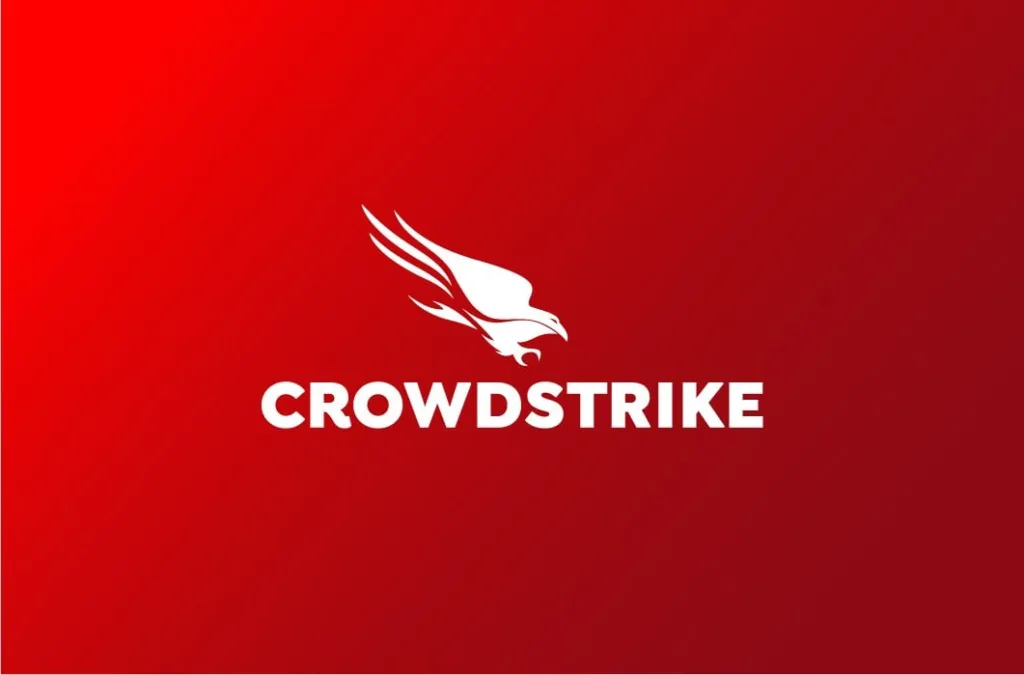
CrowdStrike announced its intent to acquire Pangea Cyber for a reported $260 million, adding specialized AI security capabilities to its expanding agentic security platform.
Pangea targets a critical vulnerability in enterprise AI: protecting AI agents and LLMs from prompt injection attacks and other AI-specific threats.
Research Note: Taara Lightbridge

Taara is responding to a clear need in the market for a rapid-to-deploy, high-capacity solution that can scale on demand.
Research Note: Check Point to Acquire Lakera for End-to-End AI Security

Check Point Software announced its intention to acquire Lakera, an AI-native security platform, for $300 million in a transaction expected to close in the fourth quarter of 2025.
The acquisition is designed to establish comprehensive AI security capabilities as part of its broader solution stack.
Research Note: Cisco’s AI-Powered Transformation of the Splunk Portfolio at .conf 2025
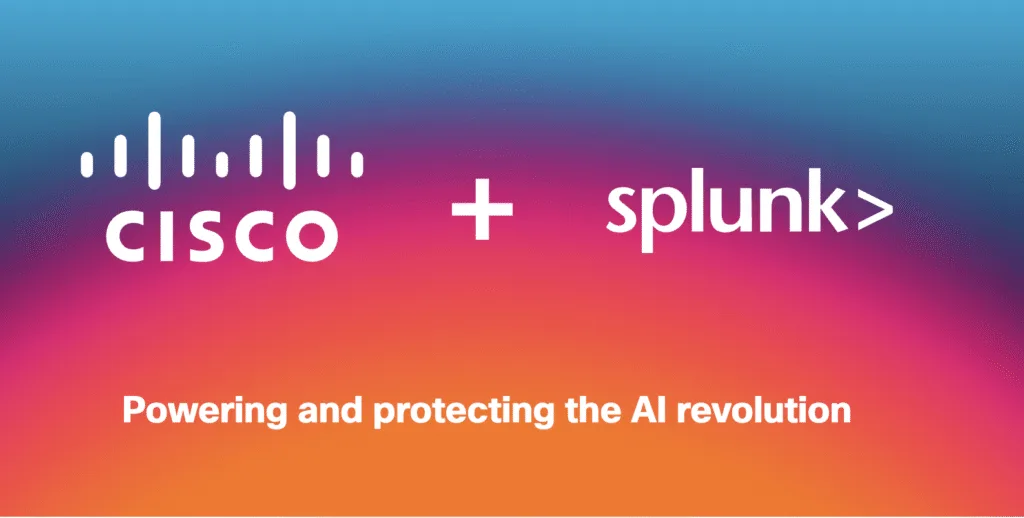
At its recent Splunk .conf25 in Boston, Cisco unveiled a comprehensive suite of AI-powered enhancements across its recently acquired Splunk portfolio, showing significant progress in integrating the two companies’ technologies.
The announcements centered on three core themes: agentic AI automation, unified data architectures, and enhanced observability capabilities.
Research Note: Palo Alto Networks SASE 4.0

Palo Alto Networks recently released Prisma SASE 4.0, the company’s AI-driven secure access service edge platform to address modern threat vectors and data security challenges.
The new release focuses on three primary areas: browser-based threat protection, AI-enhanced data security, and unified operations management.
Research Note: Celona AerFlex
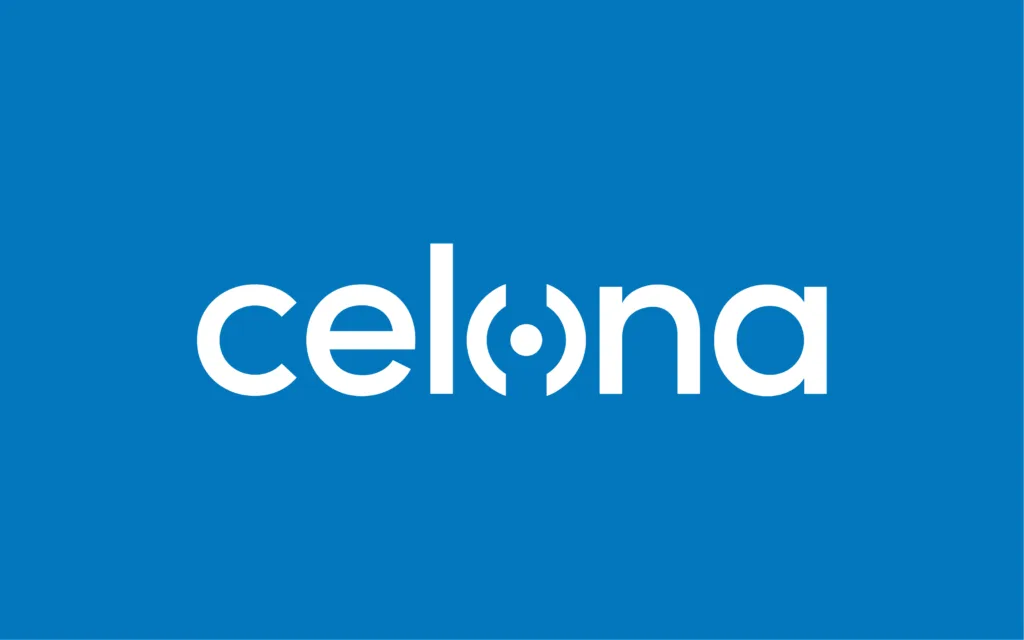
AerFlex’s innovative AP-only, cloud-based architecture offers a compelling solution for enterprises seeking to adopt private 5G for Industry 4.0 applications without the complexity of traditional network hardware.
Research Note: Veeam Software Appliance for Veeam Data Platform
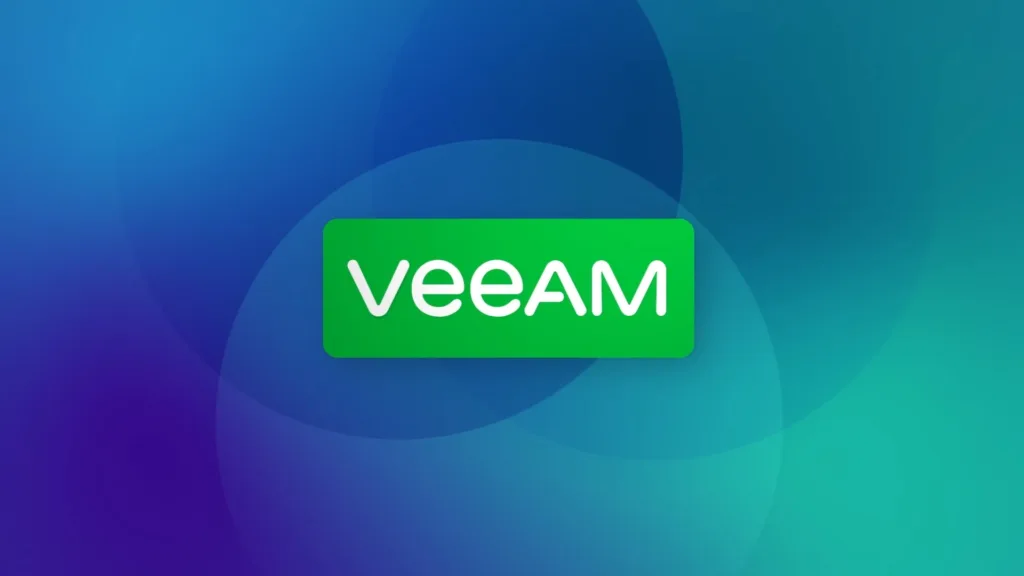
IT teams have long faced the trade-off of choosing between hardware appliances that lock them into specific vendors and increase costs, or spending resources hardening and maintaining custom backup infrastructure. Veeam’s new Software Appliance offers a third path by delivering appliance-like simplicity without the hardware constraints.
Research Note: Marvell Solidifies CXL Leadership w/ Ecosystem-Wide Interoperability
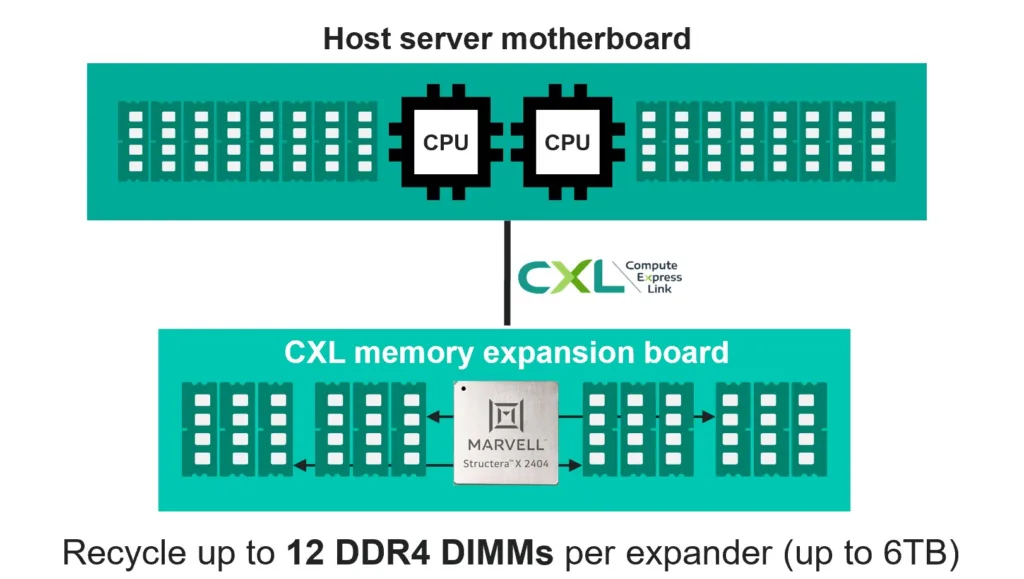
The CXL ecosystem is moving quickly from concept to deployment as hyperscalers, OEMs, and chipmakers seek new ways to address the memory bottlenecks that limit AI, cloud, and high-performance computing workloads. In this environment, interoperability is not a checkbox—it is the foundation that determines how quickly new architectures can reach scale.
The Dynamic Duo: Why Wi-Fi 7 and Private 5G
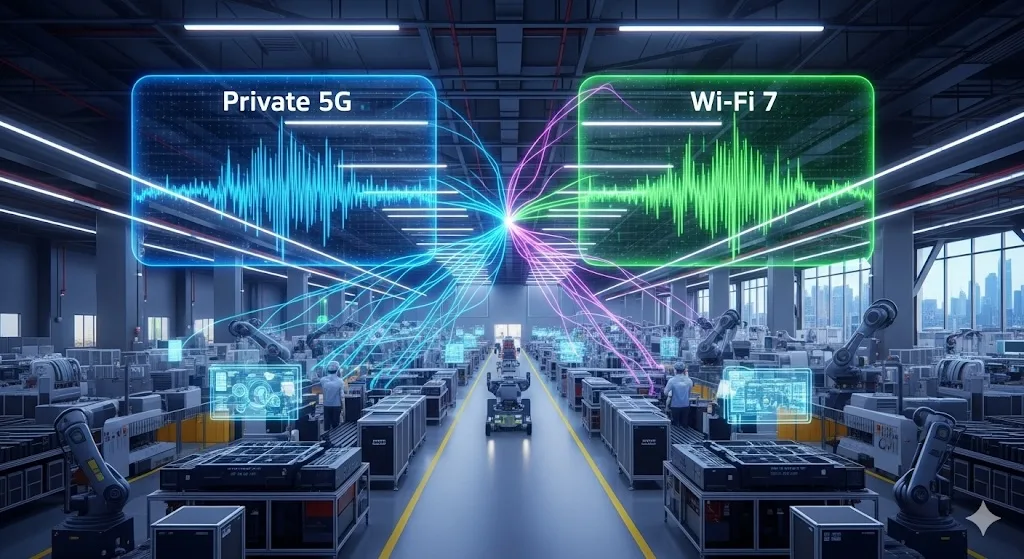
The conversation around industrial connectivity used to be “Wi-Fi versus Private 5G.” Today, that’s not the case at all.
